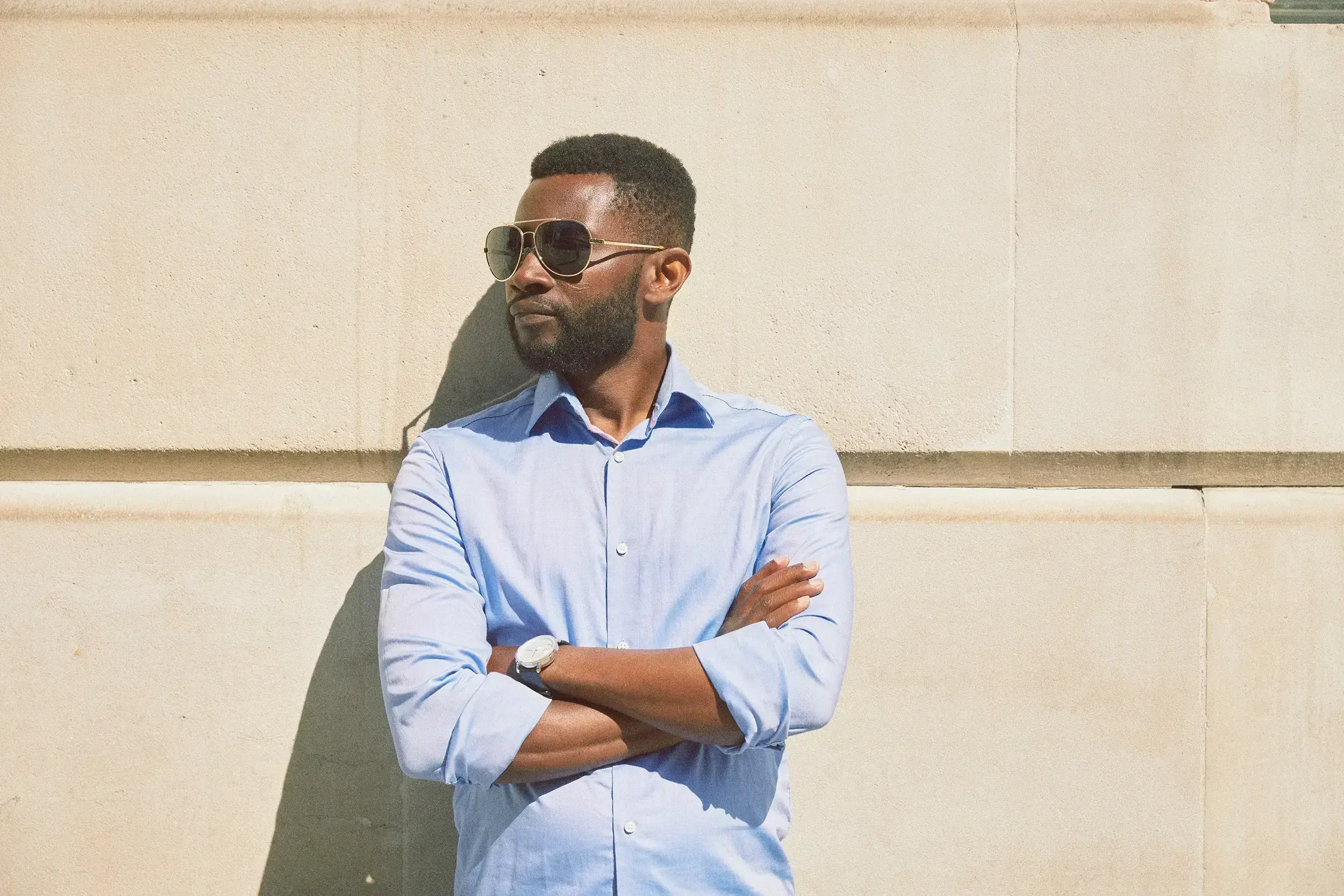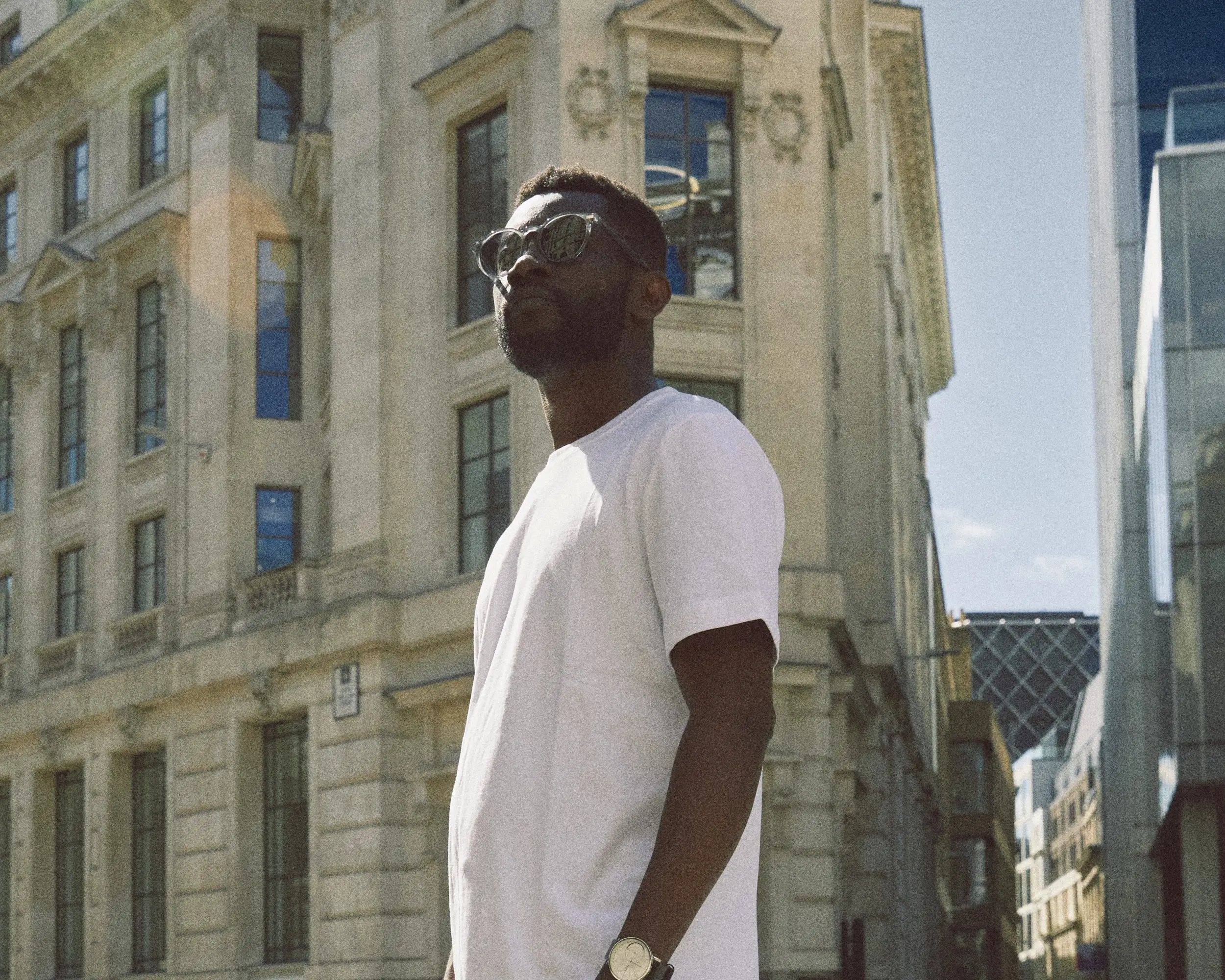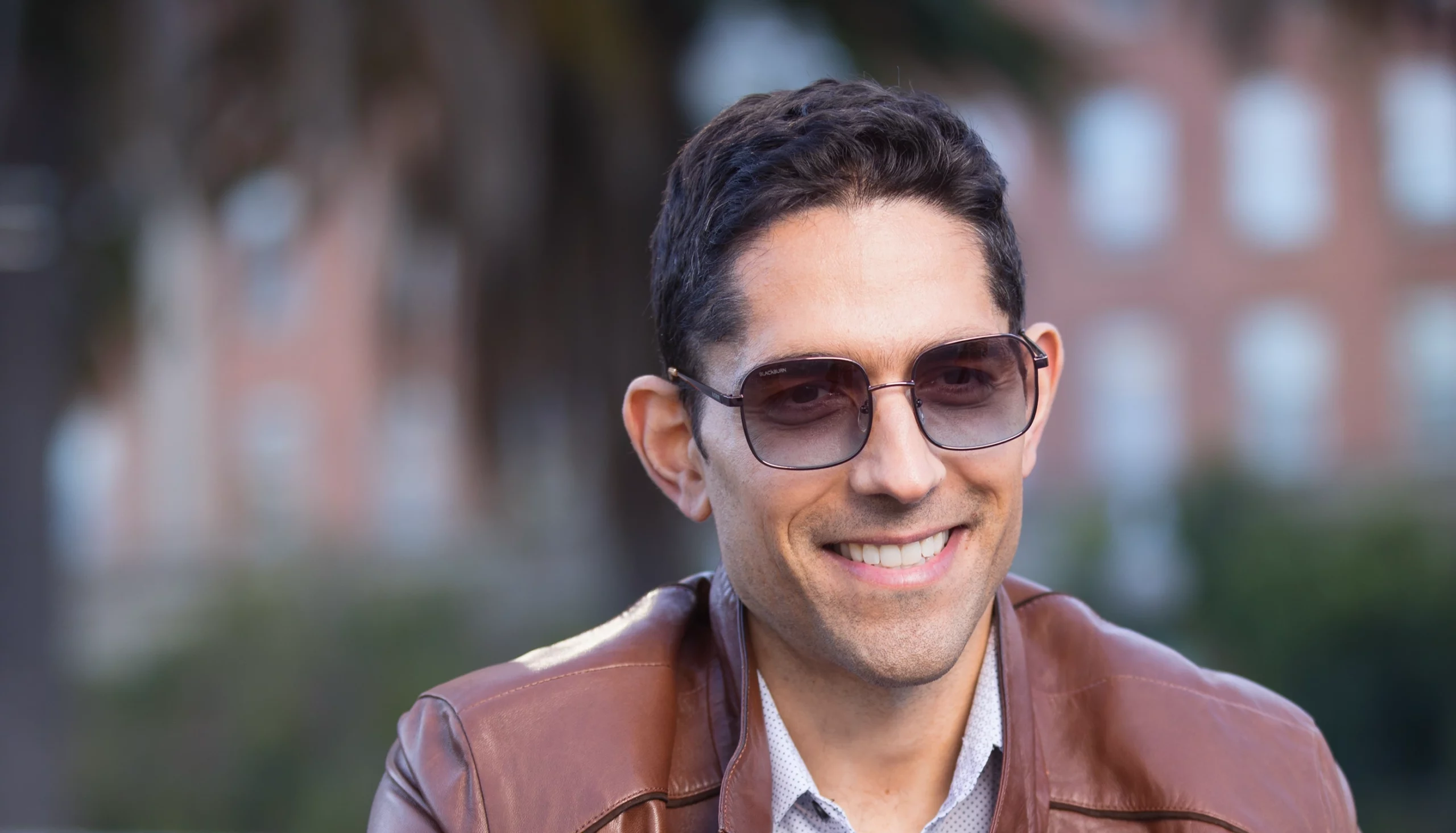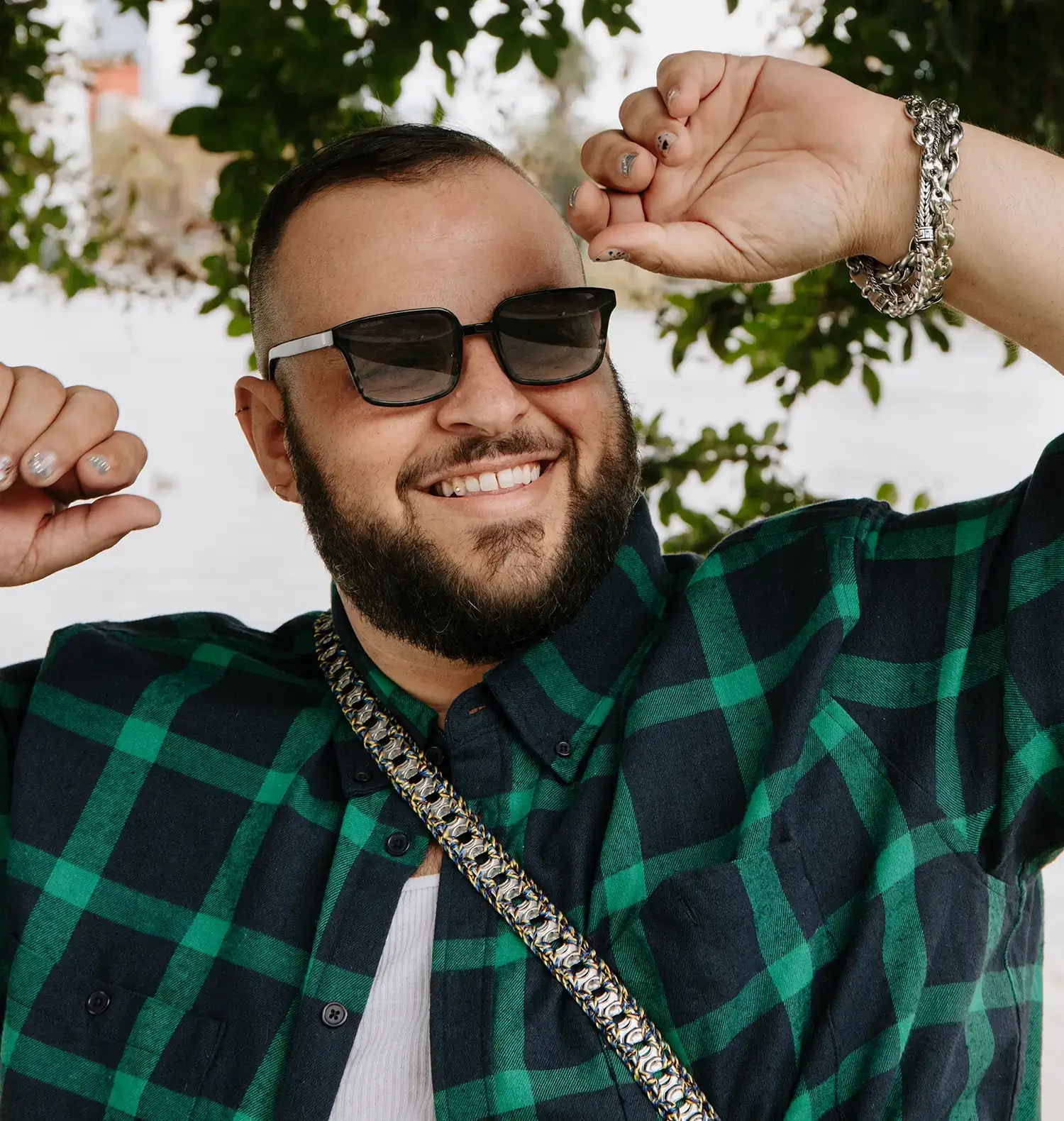Thomas Oppong on Exploring Wealth, Purpose, and the Human Void
September 2023
Today, we sit down with Thomas Oppong, an entrepreneur, author, and the founder of AllTopStartups, a platform that provides advice, resources, and tools for entrepreneurs. He is known for his writings on topics related to life and personal development. He has contributed articles to major platforms such as Medium, where he’s been a top writer in various categories. Read below as he reflects on his motivations about life and the pursuit of joy and meaning.
Let’s start with your background. Where did you grow up and what drove you to start writing about life, self-improvement, and philosophy?
I grew up in Ghana. In high school, I walked for miles to visit the library to read the Times Magazine and philosophy books but I never pursued my curiosities because I needed to needed to do what society and my parents expected of me; get good grades, go to university, graduate with a good degree and get a job with a decent income. At university, I studied law and human sociology, but even then, the urge to explore other areas remained dormant until after university.
I pursued software entrepreneurship because I saw the internet as an opportunity for people to share their ideas. [It wasn’t until later] I started writing about life and self-improvement on Medium, a place to share my existential curiosities on a deeper level with people who share similar experience passions.
What is it that makes you so curious about life and self-improvement?
I’ve always had many questions about life. My curiosity tries to answer these questions for myself. I look into what makes a good life and how I can improve myself and seek perspectives from others who have figured it out. I dig into topics like psychology, philosophy, and self-improvement, and if something resonates deeply, I share it online.
What do people generally respond to?
People respond to articles on self-improvement–leading a better life and enforcing behaviors that can help them lead better lives. And if I can infuse historical lessons into modern life to make it useful for people today, they respond. So that’s also why I focus on what others have already figured out. There’s a lot of advice out there–if we don’t find them and we don’t apply them, they remain just knowledge on shelves.
But why do people constantly seek ways to self-improve? Can you ever achieve a point where you’re satisfied?
It might be an existential need. Or a way to get better at life and living it. Some people want to do the same thing, and others want to be better than they were yesterday. They want to constantly get to a point of self-actualization. But at some point it becomes a cycle. To make self improvement work for you, make it an enjoyable habit and practical. There’s no one point or one stage where you feel you’ve reached this because life’s challenges keep changing.
For example, during the pandemic, people had to adapt to staying indoors and working remotely. Life demanded resilience and adaptability. People had to quickly learn how to live and be better in the new world.
Is it difficult to adhere to your own advice given the volume of it?
It’s hard. You try so hard. Modern life, with its systems and distractions, makes application difficult. But I make a conscious effort to apply what I write about in my life. If you don’t, what’s the point? The difficulty in following one’s advice is known as the Solomon Paradox. It’s hard, but I’m always conscious of it.
Taking a step back and looking at people, what do you think makes people feel they’re missing something?
It might relate to their values and how far they’ve deviated from them. From what I’ve observed, if you are very far away from what feels right, there’ll be an existential vacuum. You might have money and possessions, but if there’s a void, there’ll always be a drive to satisfy it. A lot of people are wealthy, but still, they can’t find the peace to be able to say that they are living a fulfilled or purposeful life. If you can’t [follow] an authentic path, there will always be something missing in your life.
As you’ve written about philosophies on meaning and purpose, what are some common concepts or principles that you’ve noticed?
There are a few of them. The first one I noticed is human connection – either social, friendly, or family. Have a connection with someone or a group of people who you can always interact with and can share things with. Social connection is one of the common things they mention.
Another [common theme] is self-reflection — constantly reflecting on your life and where it’s going and what is meaningful to you. Also, be present. Whatever you’re doing, be present doing it, no matter how small. It can help you feel fulfilled in what you do. In Positive psychology, it’s called flow state, popularized by Mihaly, where an activity that makes you lose sense of time can make you feel like time is on pause. It’s almost guaranteed that in that moment, you’ll feel satisfied or you’ll be happy.
Finally, something that comes up constantly is experiences over possessions — the [concept of] choosing to spend money on experiences instead of buying things.
You have been doing this for some time. Are there things you’ve written, that years later, you felt were incorrect?
Yes. As I dig deeper into certain topics, I look at [what I was] writing years back and feel some of them might not have been deep enough. Even the book I wrote back then, when I had a contract with a publisher in London on working in the gig economy, I felt there should have been more. Everyday, with new information, I feel things should be updated. Going forward, I make sure I add more based on new evidence.
You go back and edit the original piece?
No, no. If I write a new article about the same topic, I dig deeper into it. The old ones, I don’t go back to them. They are as they were in the past, but going forward, but going if I write on the same topic, I go deeper.
As you know, we’re in a world where the emergence of generative AI may replace people for certain tasks. Do how we perceive and learn about life meaningful only if it draws from direct human experience or do you think A.I. will ever have a role in being able to draw conclusions based on an analysis of existing philosophy and historical teachings?
Yeah, on one hand, it’s helping us with a lot of productivity, efficiency, and effectiveness. But there’s the technical challenges where A.I. has its own mind and generates its own ideas to decide what will help you in the future and you start to feel threatened. [A.I. is a] necessary evolution of progress, but then at the same time, we have to be careful of the dangers it presents and possible darker scenarios. There’s more A.I can do for us but only if we can manage it and build in systems that will control how it’s generating ideas.
For you personally, where do you find purpose?
I find joy and meaning in what I do and in the family and social connections I have. They are the three most important elements for a good life. Purpose is about disconnecting from everything around us and then making time for the people and everything we deeply care about and making time to self-reflect to improve self-awareness.
What message do you have for the world?
Human connection and the pursuit of personal freedom are fundamental to our happiness. We have replaced them with the many demands of life and its distractions. Time freedom should be your ultimate goal. You need financial security, you need to work but if all these things take over your individual freedom and personal liberties, they take away everything else that could make life meaningful for you. In the end, you’ll be left empty. So, if we can find a way to reconnect with ourselves, to know what life means to each and every one of us and make it personal, it would change a lot of things going forward.


























